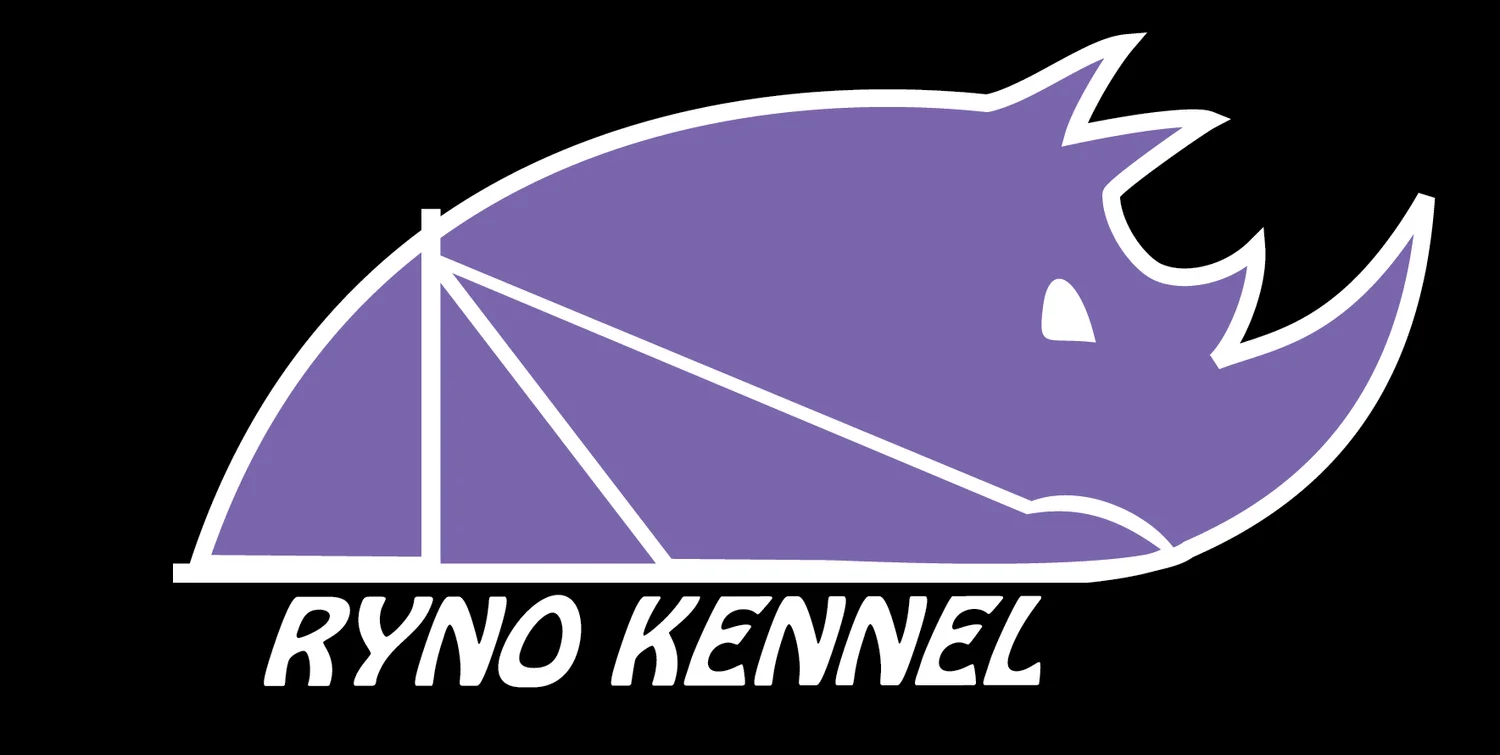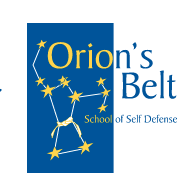Reflection
/Well, this is a challenging blog post to write. But first, I want to say thank you, thank you to Derek, my mother Katy, Liz, Tyler, and all the Ryno Kennel fans and sponsors for giving us this chance and supporting us through thick and thin. Thank you to the Yukon Quest race officials and to my fellow competitors for your positive attitudes and support. Thank you to everyone who has reached out with a kind word or note. I feel so fortunate to be a part of the mushing community and can’t wait to get back out on the trail.
I never thought I’d be here, sitting at home, after only 250 miles. We hadn’t even traveled the length of Copper Basin. We hadn’t even reached the true remoteness of 150-200 miles of unsupported travel. We really shouldn’t be here. Every detail of the race is on a continuous loop in my head. Every decision from the weeks leading up to the race to the second I made the call to scratch- I’m dissecting each one. Where exactly did it go wrong? What were the contributing factors? What could I have done to change the outcome? Was there a specific moment when we should have done something different? I’d love to have a simple and concise reason for scratching. I’d love to have a single reason that when said, had authority and almost a comforting quality to it. That when I said it, I didn’t feel the need to elaborate or explain myself. It’s simple. Black and white.
Don’t get me wrong- “for the well-being of my team” is definitely a reason, and I stand by that reason 100%. The decision was not made lightly, and I would make the same decision again should I be in that situation. But tell that to Perm, Goblin, Wingman, or Uno (who were all screaming to go), and they’d disagree. I guess this is when mushing truly becomes a team sport. It’s not just me, the musher. It’s not just one or two dogs. It’s 14 dogs and one musher. Not to mention the immense support from friends, family, and sponsors. They, too, are part of the team, and I know all the human teammates weren’t ready to call it quits. But when it comes down to it, the canine athletes are the most important. And for that reason, we scratched.
We started having small issues immediately from the start line. A stiffness here, or a stiffness there. At each camp, I’d spend a significant amount of time massaging muscles and wrapping wrists. I opted to run more conservatively, keeping the runs less than six hours in length and trying to rest approximately equal to our runs. Sorenesses from earlier in the season started cropping up, and at one point, I realized every single one of my shoulder jackets was currently being used. However, it was still early in the race, so I was hopeful that the team could work out of it. They were monster eaters, devouring all their meals (even Boone, who I had yet to take on a 1000-mile race due to her picky appetite). They looked fantastic leaving every checkpoint and looked even better arriving into each one. They were maintaining their weight, and most importantly, had fantastic attitudes. Unfortunately, the sorenesses weren’t working themselves out. They were compounding on themselves. The original stiffnesses were changing the dogs’ gaits, putting additional stress on other joints and muscles, which in turn would cause something else to be sore. As I walked each dog around in Circle before embarking on the first truly remote leg of the race (150 miles to Eagle), I came to the realization that I would have to drop at least four dogs. I had already dropped Lefty in Central, which as many of you know was a big blow to the team, so dropping four more dogs puts us down to nine. Nine is a totally acceptable number. My rookie Quest in 2015, I finished with nine dogs. You can do a lot with nine. In fact, you can do a lot with even seven or eight. But only if those seven or eight are ready. I had to give it a shot.
After an eight hour rest, our nine-dog team left Circle. We traveled for about 45 minutes, and I realized, this was the end of the road. We were not going to Whitehorse. It was heartbreaking. While half of the team was ready for the journey, the other half was not. I wish I knew why we were plagued by so many injuries. This is something I’ll be stewing on for a long time. But the fact of the matter was, our race was done.
I’ve received so many kind words from friends, family, and sponsors, and for that, I’m grateful. Everyone who I’ve encountered has been incredibly supportive. So thank you to everyone for being understanding and for following us during our race. But I can’t sugar-coat it. We did not reach our goal of finishing the Yukon Quest with a happy, healthy dog team. But a friend once said, “fail fast.” Be better. Don't dwell on the failure, embrace the lesson. So that’s what we’ll do. We’ll figure out what exactly went wrong, how we can change for the future, and be ready to go for Yukon Quest 2019.



















